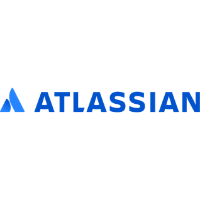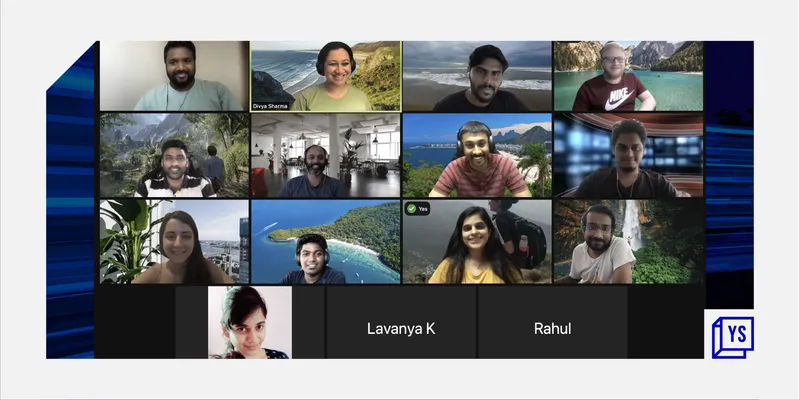
Atlassian
View Brand PublisherBusting myths about the Customer Support Function, Atlassian’s Divya Sharma gives an insight into her career
In a candid chat with YourStory, Divya Sharma, who is a Technical Support Manager at Atlassian, throws light on the technical ability the role demands, her love for problem-solving, and the need to understand customer support as a primary function.
“Contrary to popular belief, working in technical support provides a lot more exposure to technology,” says Divya Sharma, Technical Support Manager, Customer Support Services at . Breaking the age-old mindset of CSS (customer support services) being the country cousin of engineering, Divya speaks to YourStory on the dynamic and interesting opportunities in the field of technical support. She also elaborates on how working in the field has helped her develop a more nuanced understanding of engineering.
“How you build a product is very different from how a customer will use it. Customers always find a new way of using a product and hence the new perspectives and approaches that one gets to see is something that excites me,” she adds, highlighting that another aspect that she truly enjoys is interacting with different customers directly.
As Divya speaks about her decade-long journey, her zest for life and affable personality shines through. She fondly recalls her growing up years that have shaped her wholesome personality.
Early experiences
Divya spent her formative years in a very open-minded environment, where she was encouraged to try her hand at everything. “No one ever told me that I am not good enough for something, I was always encouraged to try anything I wanted to,” she shares, adding that her parents were her biggest cheerleaders.
An avid traveller, Divya got a chance to complete her education in India, UAE and New Zealand, and that helped her a lot in developing a neutral perspective in life. “Growing up in a joint family and travelling to different places taught me how to adapt and find myself along the way,” she says.
The varied experiences taught Divya to have no preconceived notions about anybody, something that has helped her in her interactions with various kinds of people she comes across as a customer support professional. She shares an unforgettable experience where she managed an escalation of an unhappy customer. She steered the conversation in her team’s favour by being “empathetic and simply talking” to the customer about the steps they were taking to resolve the issue and keeping them informed of the progress.
Choosing technical support over engineering
“Different people have different aptitudes. I like problem solving and interacting with people. Writing codes wasn’t exciting for me,” shares Divya candidly. She started her career in New Zealand as a support engineer and has been a part of companies such as Cisco and LinkedIn.
Recalling a conversation with her first manager, Divya adds, “He told me that you have to be multi-skilled [to attain success in technical support], because you might have to talk about technology to a non-technical person, which needs a very holistic approach, and that changed my viewpoint.”
While her viewpoint changed, Divya feels that perception for technical support needs to change at the grassroot level for people to stop seeing it as “Plan B and not Plan A”. She feels that students at the university level assume that it's a less glamorous field, adding, “Organisations also need to stop seeing technical support as a secondary function that must exist.”

Divya Sharma attending an online sync up with her team at Atlassian
Journey at Atlassian
Support is seen as a critical function at Atlassian as the team acts as a voice of the customer and collaborates with the product team on potential enhancements. The role has become even more important as CSS is at the forefront of the company's biggest priority, transformation to the cloud.
“We work with the customer from the time they sign up for a trial till they opt for one of our products. We are the voice of the customers and the face of the organisation,” says Divya about her work at Atlassian.
Atlassian provides opportunities for internal mobility and as a result, Divya shares, they often see employees transitioning from engineering to support because they want to be closer to the end-user of the product. “In my team I have someone who’s moved from engineering to support and is doing really well. So, for me, that’s a great success story,” she adds.
Divya attributes her success at the company to the encouraging culture and an approachable leadership that is invested in the growth of their colleagues. “It’s [my work of building and managing a team] almost like running a mini startup within Atlassian. I have set up a team from scratch in India. I even brought about changes in the onboarding process, to keep it in line with the post-COVID remote-working scenario,” she says.
Divya concludes by advising young professionals to understand the importance of staying humble and being comfortable with the change, and also encourages them to find mentors who can help identify their strengths and coach them to realise their full potential. “To succeed in customer support, it is critical to learn to step into the customer’s shoes and see the issue from their perspective,” adds Divya, signing off.







